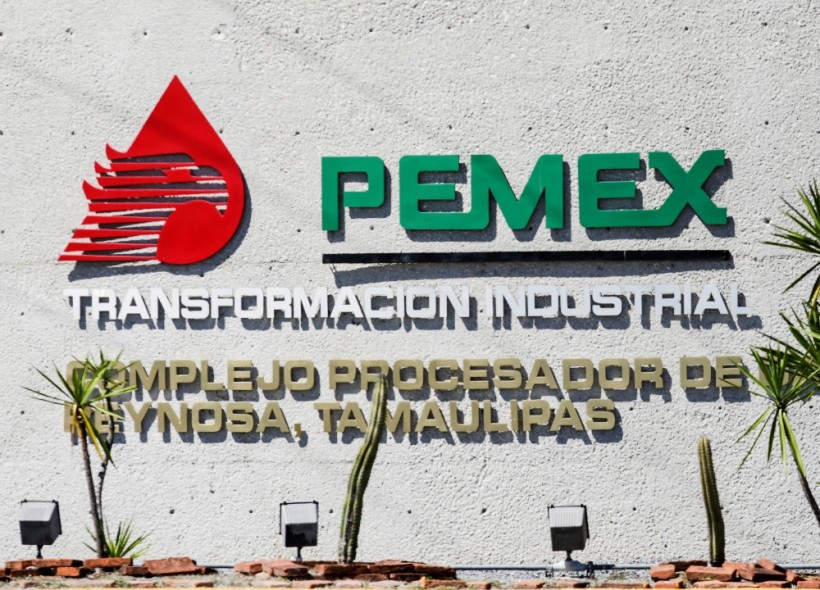Mexico’s Pemex Posts Massive Loss in 2019
Despite Andrés Manuel López Obrador's efforts to revitalize Mexican state oil company Petroleos Mexicanos (PEMEX), it continued to plummet with a $18.3 billion net loss for 2019 which is nearly double compared to that of 2018.
With the dreadful results filed with the Mexican Stock Exchange, PEMEX remains to be the world's most indebted oil company, according to Mexico Business.
It can be recalled that in 2018, the president pledged to increase PEMEX's oil output, combating the 15-year decline on this front and making Mexico self-sufficient in terms of energy.
Said pledge was accompanied by major capital flows and a plan to reduce the PEMEX's crippling debt structure.
However, oil production failed to increase in 2019 especially in the Q4 which proved to be troublesome for PEMEX with a US$9 billion loss representing nearly half of the entire year's losses.
In total, PEMEX financial debt hit at US$105.2 billion last year, a mere 0.6 percent lower than at the end of 2018.
In 2019, credit rating agencies have issued warnings towards PEMEX. Controversies also plagued PEMEX when they suspended new licensing rounds and focused on a new multi-billion-dollar refining project in Dos Bocas. This has resulted to Fitch Ratings downgrading PEMEX bonds to junk status.
Aside from said credit rating agency, others such as Moody's Investors Service, also remain critical. Moody's said Friday it expects PEMEX to boost crude production by one percent this year, replacing about 50% of its proved reserves.
Additionally, its refining output was dismal: in Q4 last year, PEMEX failed to boost refining in its six existing refineries. Although PEMEX refined more compared to that of the same period in 2018, Q4 of 2019 made a downturn from the refined output earlier on in the year.
In a conference call with analysts, PEMEX CFO Alberto Velázquez toned down the negative perceptions, arguing that PEMEX managed to cease the long-standing production, which puts the company in the right direction towards financial improvement.
This argument, he claims, is supported by more spending on exploration and production, which will someday pay off. Velázquez also noted the remarkable decrease in fuel theft.
In line with the exploration, Velázquez pledged to provide more insight on proven reserves to halt unrest: an increase of 7.818Bboe compared to 7Bboe in 2018 is proof that their spending, despite the slow pace, is beginning to show positive effects.
In spite of this, crude oil production in 2019 dropped seven percent compared to 2018, hitting an average of 1.68MMb/d. Said record was even less than half of the production in 2004.
Although PEMEX has not yet benefitted from Mexico's energy reform, Mexico's Comisión Federal de Electricidad (Federal Electricity Commission) was able to end the year positively as it managed to increase its net profits by 16 percent. Compared to its profits in 2018, the company led by Manuel Bartlett filed an extra profit of MX$6.6 billion (US$333 million).
When López Obrador took over the leadership in December 2018, he had promised the people of Mexico to improve the economic growth of the country to 4% more or less every year.
However, Mexico's economy contracted 0.14 percent in 2019, dropping at 0.2 percent in Q3 and 0.4 percent in Q4, according to an article by Latin Post. With the two consecutive quarters of economic contraction, Mexico has met the technical definition of a recession.
Amidst Mexico's economic decline, PEMEX's deteriorating finances will prove to be yet another major hurdle to overcome for the López Obrador.
Subscribe to Latin Post!
Sign up for our free newsletter for the Latest coverage!















